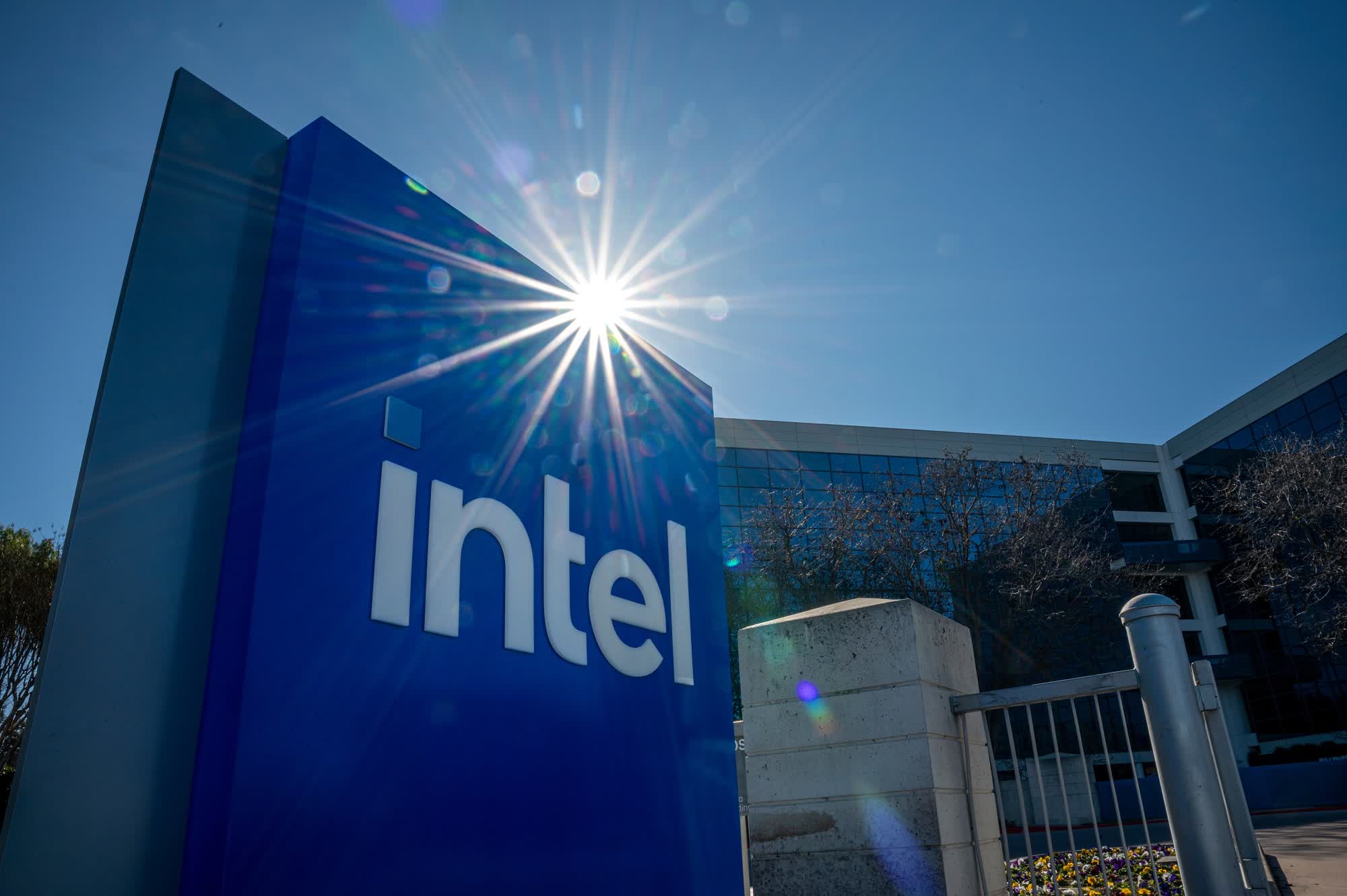Forward-looking: Chip making is a dirty, polluting business, with companies exploiting dangerous chemicals and producing huge amounts of CO2 to turn sand into technological wonders. Intel has published a new plan that aims to effectively tackle the environmental issue – at least when it comes to gas emissions.

Intel's latest Climate Transition Action Plan (CTAP) contains the steps that the company will seemingly take to become a 100% sustainable technology establishment. Chipzilla spells out its commitment to tackling the "risks and opportunities" faced by the global community due to climate change over the next three decades.
As Intel CEO Pat Gelsinger explains in the plan's foreword, companies are now in a new era of global expansion for computing power. The evolving economy enabled by the "magic of silicon" has the power to make industries more sustainable and unlock new solutions to fight climate change, Gelsinger states, but these solutions must eventually be put into practice.
Intel says it's committed to manufacturing its "magic" silicon chips with the lowest possible environmental footprint. The company already set the goal of net-zero greenhouse gas (GHG) emissions across its global operations by 2040, and now it's pushing that goal even further to achieve net-zero GHG emissions throughout the entire value chain by 2050.
Also read: Sustainable Computing, Explained

Intel's plan provides data and infographics about the three areas that the company is investing in to curb GHG emissions. Those areas include emissions from business operations (Scope 1), indirect emissions from electricity use (Scope 2), and finally indirect emissions across the company's supply chain, downstream processing and the use of its products (Scope 3).
Intel has set aggressive GHG reduction goals for over two decades, the plan states, investing in emission reduction, chemical substitution, renewable and alternative energy sources. These actions let Intel avoid 80% of its cumulative GHG emissions in Scope 1 and Scope 2 over the last decade, despite a 3x increase in manufacturing output and the ever-growing complexity of chip manufacturing technologies.
The latest emission reduction targets set by Intel include a 100% use of renewable energy sources by 2030, which shouldn't be a particularly hard goal to reach as Chipzilla was already using 93% renewable energy in 2022. Intel also wants to build new factories in the US that meet the country's Green Build Council LEED standard, while launching a cross-industry initiative to identify greener chemicals with lower global warming potential at the same time.
In less than seven years, Intel plans to increase energy efficiency of its client and server microprocessors by 10x, which should eventually contribute to Scope 3's emission abatement. As Gelsinger highlights, Intel is a founding member of the Semiconductor Climate Consortium and a sponsor of the Catalyze program, a "renewable electricity accelerator" for the semiconductor supply chain.
https://www.techspot.com/news/100865-intel-has-new-plan-substantially-curb-greenhouse-gas.html